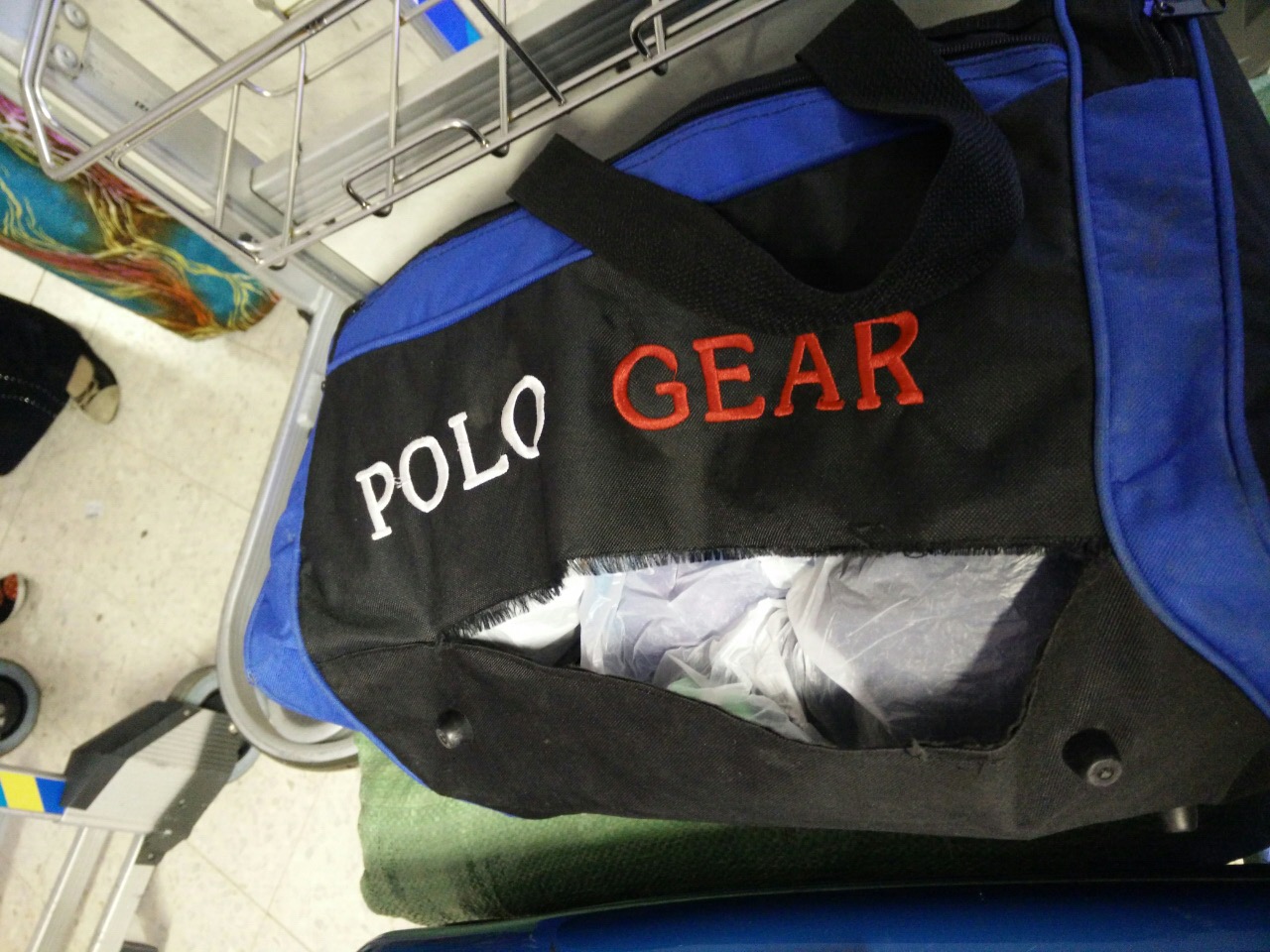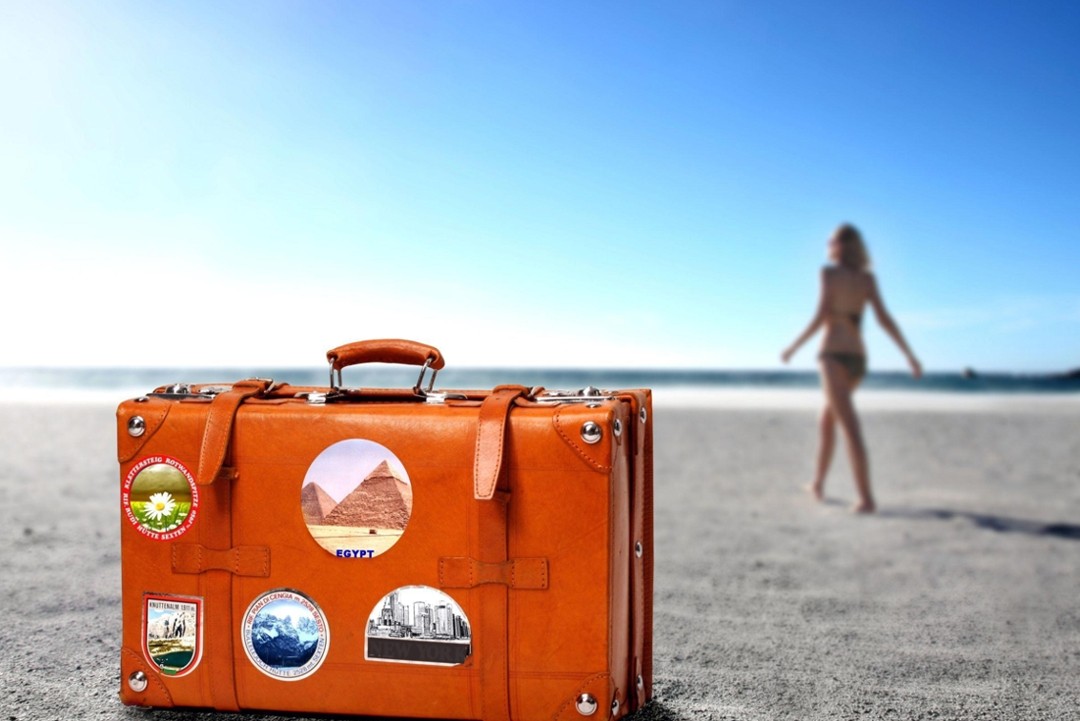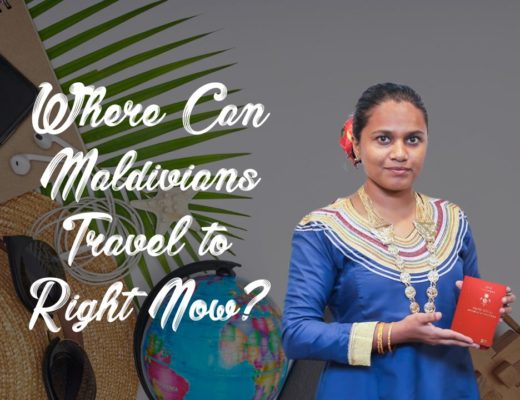A lot of people who plan traveling assume they are healthy, won’t get sick and do not require travel insurance. The absolute truth is, it is something every traveler must have, especially when most health plans don’t cover you overseas. It’s an all-purpose emergency cover and is the single most important thing you should get but hope never having to use it. Don’t be foolish not to get it, it only costs a few dollars. You never know what could happen.
Travel insurance is defined much broader than just medical protection. It covers you when your laptop breaks, your flight gets delayed or canceled, a family member passes away and you have to return home immediately, lose a baggage or something gets stolen.
Two years ago my friend lost a 52 inch flat-screen television worth over $2,000 USD when he carried it from Hong Kong to Male’ with SriLankan Airlines. He followed the standard procedures on claiming his lost oversize baggage, but never found it or received any kind of compensation from the airline till today. Another friend twisted his left foot while on a weekend trip in Colombo. Having worked four years in an airline, I could go on writing endless stories and customer experiences from delayed flights to missed connections. There were many cases of expatriates living in Maldives who needed to fly home due to death or illness of a family member and purchased plane tickets during last-minute on ridiculous fares.

Condition of my friend’s baggage when he collected it from the baggage belt after arriving Male’ from Colombo on SriLankan Airlines
I was in Bangkok a month ago and visited a snake farm during my stay, and my plan cost only $31.50 USD. Considering my domestic health plan wasn’t going to cover me while overseas, it was a small price to pay for knowing that if I got bitten by a snake, I was still protected. I would rather be safe than sorry and not be stuck in a Bangkok hospital room with a huge bill I can’t afford to pay or settle.
Travel insurance can also become bewildering and frustrating during trip planning. With countless insurance plans and companies out there, people can easily get confused about what they should get and why. Here is how to avoid getting a bad insurance plan and not be properly covered:
What to look for in a good insurance plan
First things first, make sure they provide a high limit on your medical expenses cover. This means a policy with a $100,000 USD coverage care is sufficient, there are also many other expensive policies that will cover for higher amounts, although I don’t understand why anyone would ever need a cover for $1,000,000 USD. High coverage limits are vital because should you ever fall ill, injured, or require serious medical attention and have to seek urgent professional medical care, you want to make sure your insurance policy covers the high hospital bills. Getting a policy with a $20,000 USD coverage limit, breaking a leg, and reaching that limit before they are done taking care of you is not pleasant. Don’t be cheap when it comes to your health. Make sure your policy covers a minimum of $100,000 USD.
Secondly, confirm that your policy also covers emergency evacuation and care which is completely separate from your medical cover. If you are hiking in a mountainous region and you break your leg, your policy should cover your evacuation to the hospital. Also, standard emergency evacuation should include the provision of your transportation from the hospital to your home country if you need it. If a natural disaster strikes and you require evacuation, your plan should cover that as well. This protection should cover an expense of up to $300,000 USD.
Get a good policy that includes the following provisions in bullet points:
- Cover most countries in the world
- Some coverage for your electronics (and have the option for a higher coverage limit)
- Cover injury and sudden illnesses
- Twenty-four hour emergency services and help (you don’t want to call to be told to call back later)
- Cover lost, damaged or stolen possessions like jewelry, baggage, documents, cameras, etc.
- Cover cancellations such as hotel bookings, flight, and other transportation bookings if you have a sudden illness, death in the family, or some other emergency
- Cover emergencies, strife in the country visited, etc., that cause you to head home early
- Should include personal accident coverage
- Have financial protection if any company you are using goes bankrupt and you are stuck in another country
Keep note of what your plan does not cover
A lot of insurance policies do not cover accidents sustained during adventure and extreme sports activities such as skydiving, skiing, parasailing, gliding, or bungee jumping unless you pay extra. Most insurance companies won’t cover you if you injure someone on the road (it’s called third-party liability). Policies usually don’t cover incidents related to alcohol or drugs, or carelessness in handling your possessions and belongings. The company will not reimburse you if the incident happened due to your recklessness, and how “reckless” is defined is a matter up to the insurance company.
More importantly, you won’t be covered for existing conditions or general health checks. Lets say you have diabetes and need to buy more insulin, you won’t be covered. If you want to consult a doctor for a general check, you aren’t covered for that either.
Many people purchase insurance assuming it is a replacement for normal healthcare, truth is the medical portion of travel insurance is more about emergency care or accident insurance. It’s purpose is to protect you in case of emergency and, if need be, get you home in a hurry.
Making a claim
Always remember that any insurance company, no matter how efficient, they sustain their business by generating money and will try not to pay as much as they can. Here are a few tips for getting paid:
- Occasionally companies will say that something is specifically covered just to sell you an insurance policy, only to spew out “yes we cover that, but literally it doesn’t mean we promise the payment”. Don’t let them get away with that. Fight for your claim until it’s paid, even if it takes a year!
- If you find it difficult to file a claim, always approach your way up the company hierarchy. Talk to their manager. Then talk to the manager’s manager. Publicize your claim issues on social media, outplay them respectfully for being the snakes that they are.
- Record telephone conversations. Before you start recording, inform the other party that you are recording the conversation just to ensure there are no misunderstandings later.
- If you’re lodging a police complaint, keep it simple. The longer & more in-depth the statement, the easier it will be for the insurance company to find a loophole that they can use to deny your claim! They will try their wits to do so.
Providers
My favorite travel insurance provider is World Nomads. I’ve started using them quite recently. They are very reputable, and from what I have heard, the claims are quick and fairly processed. I prefer World Nomads because I can purchase and renew my insurance policy online super quick, they have excellent public relations staff who answer quick questions and help solve problems via it’s Facebook page, they have great customer reviews and provide great coverage at a good price.
Travel insurance for a weekend trip to Colombo from Male’ for a single person costs $14.00 USD, should the flight delay 3 or more hours, you are entitled for $500.00 USD compensation. I would certainly recommend World Nomads in a heartbeat, a hundred times over if you are searching for a travel insurance company.
Book Your Travel Insurance Now!





No Comments